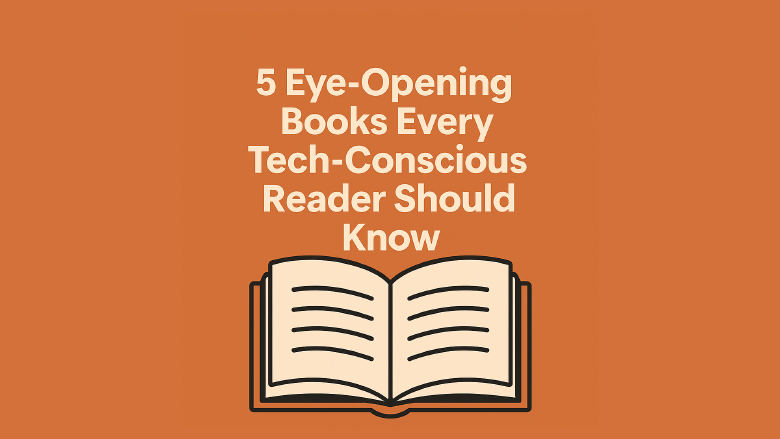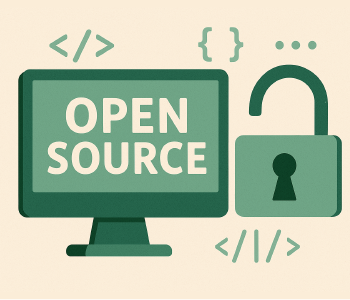
Recommended Reading for the Tech-Conscious
If you care about online privacy, data security, and the future of digital freedom, reading the right books can shift your whole perspective. Some tell real stories of how fragile — and powerful — our connected world has become. Others offer sharp, fictional “what ifs” that hit surprisingly close to home.
Here are five standout titles for tech-conscious readers who want something more than just surface-level insights.
1. Permanent Record by Edward Snowden
This one’s essential. In Permanent Record, Snowden shares how he went from a young NSA contractor to the whistleblower who changed how the world thinks about surveillance. It’s surprisingly personal, incredibly readable, and paints a vivid picture of what’s really going on behind the scenes of internet infrastructure and government data collection.
What hits hardest isn’t just what the U.S. (and other [5/9/14 eyes governments])) were doing — it’s how easy it was. If you’ve ever wondered how much control you actually have over your data, this book might unsettle you. But it’s also empowering. It shows why privacy matters, even if “you’ve got nothing to hide.”
2. Operation Sandworm by Andy Greenberg
Russia’s cyber-attacks on Ukraine weren’t just about one region — they were test runs for global disruption. Operation Sandworm dives deep into how a shadowy group of military hackers launched one of the most destructive malware attacks in history: NotPetya. Spoiler: it spiraled far beyond Ukraine, hitting shipping giants, energy firms, and banks across the globe.
This isn’t sci-fi. It happened. Greenberg does an incredible job of breaking down technical details without losing the narrative thread. You’ll come away with a deeper understanding of cyberwarfare and just how vulnerable modern infrastructure really is.
3. Ghost in the Wires by Kevin Mitnick
If Permanent Record is about surveillance from above, Ghost in the Wires is the inside story of someone hacking from below. Kevin Mitnick became one of the most wanted hackers in the U.S. — not because he broke systems with brute force, but because he understood people.
His social engineering techniques — tricking folks into handing over credentials or passwords — are still used today. The book reads like a thriller, but every page has you thinking: how many of today’s “secure” systems would still fall for the same tricks?
4. The Art of Deception by Kevin Mitnick
This is the follow-up to Ghost in the Wires, but more practical. Instead of just stories, it focuses on how social engineering actually works in real-world attacks. Mitnick walks through examples of manipulative phone calls, emails, and conversations — the kind that lead people to give up sensitive data without even realizing it.
It’s less about code and more about psychology. And it’s a must-read if you want to understand the real human weak spots in even the most high-tech systems.
5. Code Zero by Marc Elsberg
Now for a fiction pick — but don’t let that fool you. Code Zero imagines a near-future world where algorithms have taken over everything: your credit score, your job eligibility, your freedom to travel. One system, tightly controlled, defines how society works. But when someone tries to expose its flaws, all hell breaks loose.
Elsberg’s story is fast-paced, and yeah, a bit dramatic — but it’s rooted in real-world questions. What happens when we hand over too much control to systems we don’t fully understand? What if they get things wrong? And worse, what if no one’s allowed to question them?
Why These Books?
They’re not just good reads — they’re real eye-openers. Each one helps you see how the digital world works, where its pressure points are, and why defending your privacy (and your rights) matters more than ever.
If you’re using a VPN to protect your data, it makes sense to understand what that data protection really means — and what it’s up against. These books are a solid place to start.
Reading’s not just about learning — it’s about seeing the world differently. And once you do, you can’t unsee it.



